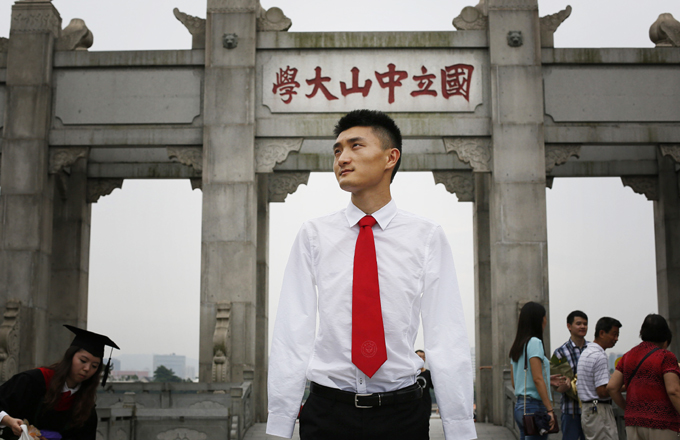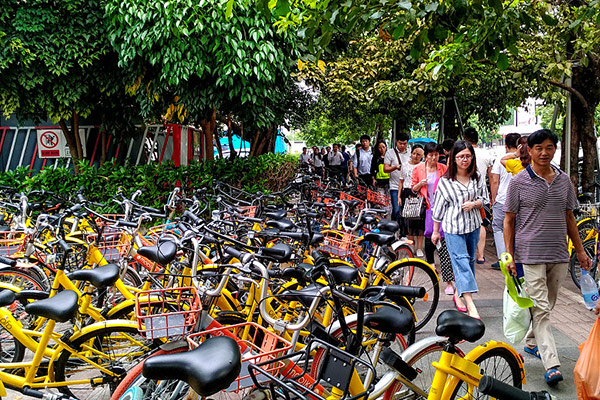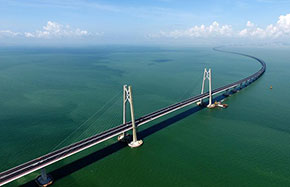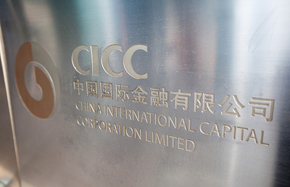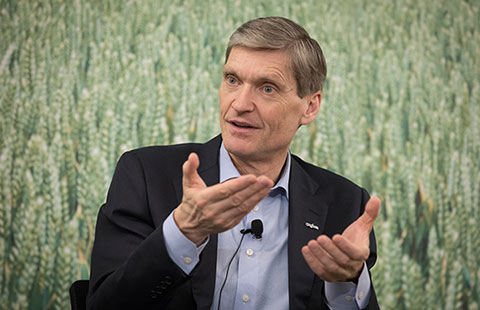Pact 'doesn't seek to exclude' China
Schott's third reason for dismissing the containment notion is that the US does not see any reason to confront China, as it works to forge a comprehensive, cooperative and strategic partnership with the world's second-largest economy and a key political stakeholder.
"US officials need to cooperate with China to tackle various regional and global challenges together," he said, while also managing any frictions that may arise as the breadth and scope of their commercial relations expands.
Schott argued that the TPP is designed to set high standards in more legally binding ways than the majority of existing long-term trade arrangements that have been put in place.
He recognized that China's accession to the WTO has made the country go through significant reforms, which consequently have made its border barriers much less restrictive than most developing countries.
But among the many free trade agreements China has signed with other countries, most are of varying quality, both in terms of coverage and depth of reform, he noted.
"Of course we are seeing a change, after the recent trade pact with New Zealand broadened coverage in services and added disciplines to a list of domestic policies.
"But in general, China is not yet ready to undertake TPP requirements, especially with regards to domestic policy reforms," he said.
Peter Cowhey, dean of the School of International Relations and Pacific Studies at University of California, San Diego, added the "containment thesis" has never been on the table, since the Obama administration has been trying to create an initiative to expand in Asia Pacific.
"It was a straight choice of whether China should or should not join, because countries need to ask to join the talks," said Cowhey, who served as senior counselor in the Office of the US Trade Representative in 2009.
"We are seeing no visible progress in resolving the free trade stalemate in the WTO. We definitely see emerging economies enjoying a larger share, as global economic growth continues to stagnate.
"So if you want to expand trade, you start with Asia Pacific," he said.
He also alleged that US domestic politics have had to be taken into consideration, with the Democrats yearning for high-quality trade agreements that consider labor, environment, life services and high-tech issues.
"In short, it is simply a desirable choice for the government's domestic concerns, and has nothing to do with containment of China," Cowhey said.
Schott, too, underlined that China, like any other nation, needs to ask to join the pact.
But he added that the expectation of most TPP participants is that, over the next decade or so, China will join the Trans-Pacific Partnership in some broader Asia-Pacific trade regime that hastens APEC's long-sought goal of a Free Trade Area of the Asia Pacific.











